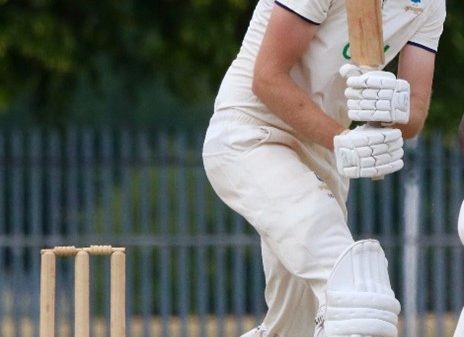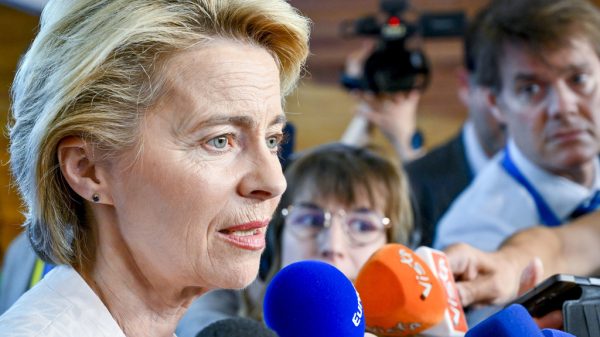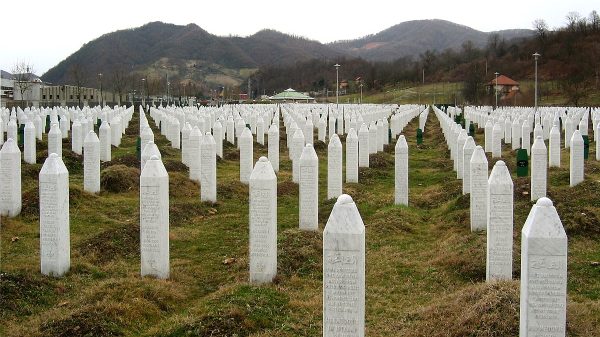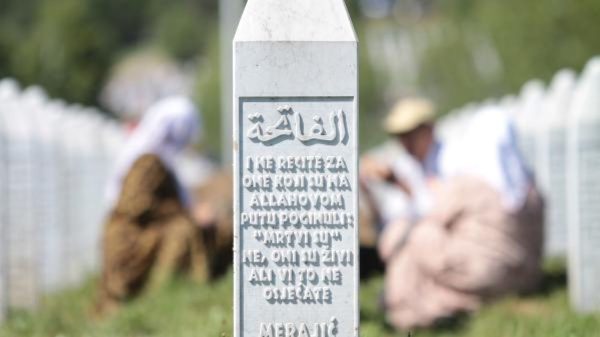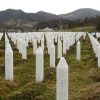With calls for Brussels to take real action to tackle climate change and to take measures to reduce the use of fossil fuels in the energy mix, why are we tolerating unnecessary investment in overcapacity for the distribution of gas? – writes James Wilson.
Nord Stream 2 is entering the final stage of its construction after the Danish Energy Agency granted Nord Stream 2 AG permission to build part of the Nord Stream 2 gas pipeline in its waters on the country’s continental shelf southeast of Bornholm in the Baltic Sea. This now opens the way for the project to continue, with completion expected next year.
But is this really in Europe’s best interests, and is it intellectually coherent to be investing in this infrastructure, as we prepare to tackle the climate crisis by reducing our addiction to fossil fuels?
The latest developments suggest that environmentalists’ concerns about the threats to ecology are being ridden over rough shod.
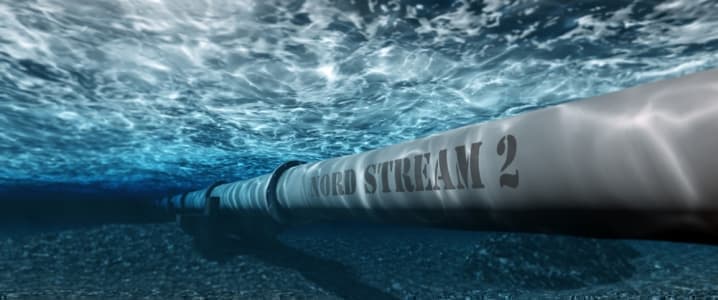
The gas pipeline will be over 1,200-km long with a throughput capacity of 110 billion cubic meters for both Nord Stream pipelines. The scale of the project means that it will be difficult if not impossible to comply with all environmental safety standards. Particularly since the pipeline’s route involves construction through “danger zones” in the Baltic Sea where chemical weapons have been dumped more than sixty years ago.
A report by the Da Vinci Analytic Group warns that constructing this last stage of the Nord Stream 2 gas pipeline before clearing the Baltic Sea seabed of chemical warfare agents threatens to lead to an irreversible environmental impact.
The issue was first raised by international environmental organisations back in 2018. But, all attempts to halt the project through court action have failed. In March 2018, the Supreme Court of the Russian Federation rejected a lawsuit by Greenpeace Russia to block the construction as the alignment passed through a protected natural area in the Kurgalsky Reserve, Leningrad Region. In June 2018, the Supreme Administrative Court of the German city of Greifswald overruled a complaint lodged by a German environmental NGO calling for a halt to the pipeline construction in Germany’s Lubmin coastal resort.
The last country which tried to stop the project on environmental grounds was Denmark, where laying gas pipelines in its territorial waters is acknowledged to be extremely dangerous.
Between 1947 and 1948, the Soviet Union dumped east of Bornholm Island 15 000 tonnes of chemical weapons, left after World War 2, containing highly toxic agents, in particular, adamsite, diphenylchloroarsine, and mustard gas. The disposal was carried out through dumping munitions into the sea.
The situation is aggravated by two circumstances: the “warranty period” of 60 years is over, so munitions could well be depressurised by now, plus their chaotic drifting along the seabed means that some munitions cases are occasionally washed up on the coasts of Bornholm and Sweden, or make up a dangerous catch for local fishermen. The precise locations of dumping sites are not accurately charted.
The most hazardous of the chemical warfare agents dumped in the area is mustard gas, an extremely toxic substance, affecting wildlife and causing mutations in fish as a result of the leaks from depressurised shells.
Chemical warfare agents can retain toxic properties. For example, mustard gas is poorly absorbed by water; it is an enzyme poison that has no antidote, and has a mutagenic effect. When mustard gas is exposed to water, two products are formed, which are more toxic than mustard gas itself. Just one or two molecules of mustard gas penetrating any organism is enough to lead to an emergence in three to four generations of pronounced mental and physical deviations from the norm. In the Baltic Sea, there have been cases of fishermen catching clots of mustard gas weighing 105 kg.
The decomposition of munitions giving off toxic substances in the Baltic Sea can accumulate in marine flora, plankton, and fish. Fish exposed to hazardous substances or products of their decomposition, which are consumed by humans, retain strong toxic and mutagenic properties. The genetic consequences are irreversible.
Bornholm and Gotland Basins are traditional fishing locations. Despite the ban on fishing in certain parts of the Baltic Sea, which has been in effect since the 1960s over the dumping of chemical weapons, further deterioration of the integrity of munitions due to corrosion and possible damage through the construction of the pipeline increases the threat to marine fauna and flora.
Despite all the environmental evidence tabled, none of the concerns for safety of the Baltic Sea marine environment have been taken into account. But in the event of an ecological disaster, it will be Denmark and Sweden and other Baltic economies that will suffer the most.
The work on the pipeline’s final stage has not yet started as the Danish permit is yet to enter into force, but the Nord Stream 2 operator will be able to use it from 8th December.
Legislation still allows all parties to file a complaint within the next four weeks to the decision. But this is probably Europe’s last chance, at ten minutes past midnight, to decide whether we should put the environment first, and wean Europeans off their addiction to fossil fuels stopping all unnecessary investment into infrastructure for increasing the capacity for the distribution of gas. Nord Stream 2 is a political project that cannot be justified in terms of actual and future demand for gas in Europe. If we are serious about taking real action to prevent the planet’s climate crisis, decisive action is needed and the project should be terminated.


